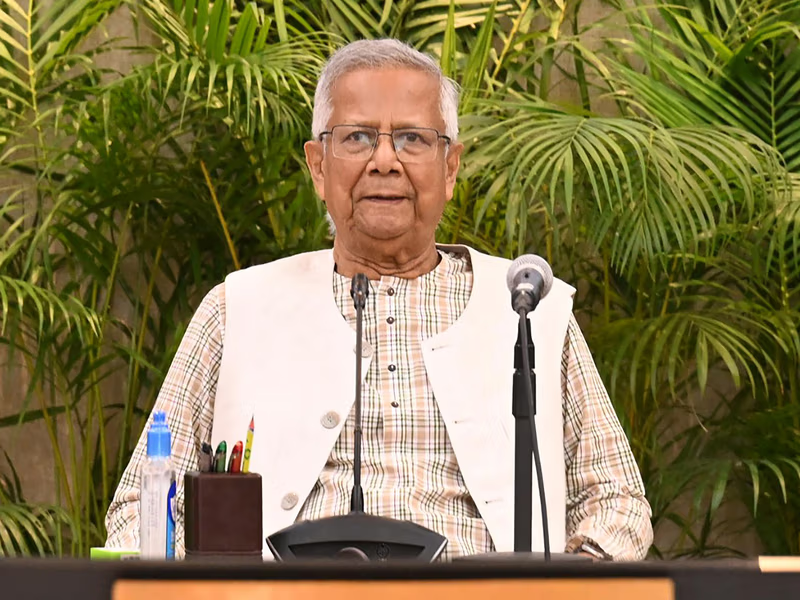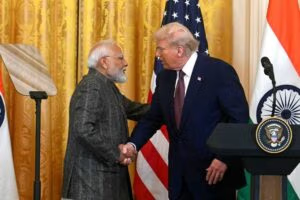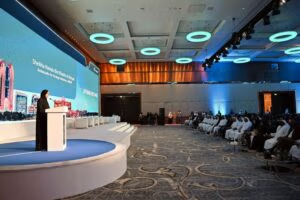The Bangladesh Nationalist Party (BNP) has categorically rejected the interim government’s stance of prioritising “justice and reforms before elections,” demanding that national polls be held “as soon as possible,” according to local media reports.
Speaking at a membership renewal campaign, BNP Standing Committee Member Dr Abdul Moyeen Khan said, “BNP will no longer accept the logic of ‘first justice and reform, then elections’.”
“Justice and reform are continuous processes,” he said. “The primary responsibility of an interim government is to reestablish democracy. To achieve that, power must be returned to the people as soon as possible through elections.”
His comments come in the wake of increasing pressure on the interim government led by Nobel laureate Muhammad Yunus, which came to power after the ouster of the Awami League government in August 2024.
Addressing party workers, Khan urged restraint, stating: “We all must remain cautious not to act like the leaders and activists of the Awami League. Our conduct must reflect democracy and restraint.”
Echoing the sentiment, BNP Senior Joint Secretary General Ruhul Kabir Rizvi said reforms must not be used as an excuse to delay elections. “Reform is not something fixed like the Thai mountain range. It is a dynamic process,” he said.
“Reforms should be made and appropriate laws enacted when needed for the sake of democracy, the state, or the people,” Rizvi added. “Insisting that reforms must be done first and that the July Charter must be included in the fundamental principles of the Constitution is misleading. This is creating confusion among people.”
He urged political parties to prioritise restoring democratic rights: “That is the most important task.”
The BNP’s sharp reaction follows a statement by National Citizen Party (NCP) Convener Nahid Islam, who said: “People who are planning to hold general elections without the trial and reform, are the ones who are plotting to defer the polls.”
He added that young leaders who backed the July uprising were now fighting for voting rights, not a prolonged transition.
The growing divide between parties that once united against former Prime Minister Sheikh Hasina is now fuelling political uncertainty in the country. Critics argue that the Yunus-led interim regime lacks a transparent roadmap for restoring democracy and elections.
(With input from IANS)





